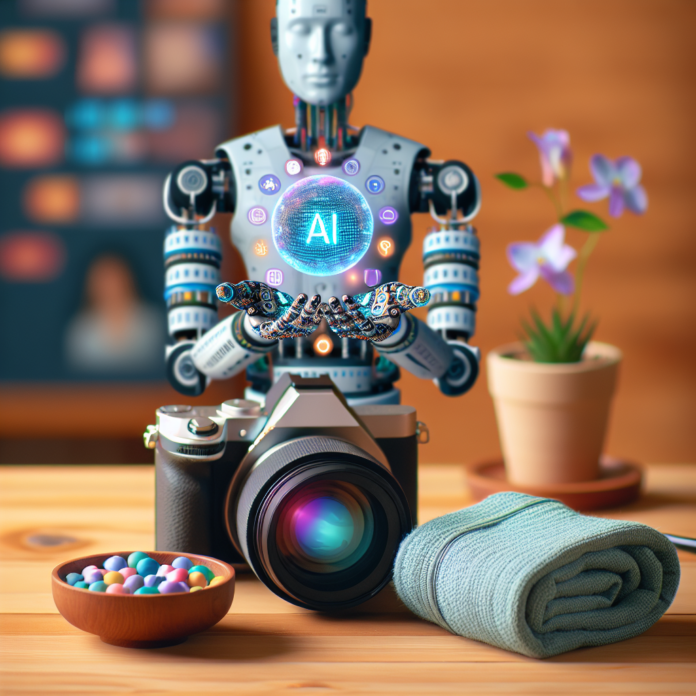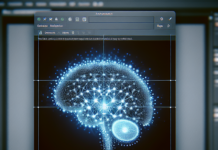Introduction
Recent advancements in artificial intelligence (AI) have significantly impacted various sectors, including mental health care. A groundbreaking study has revealed that AI-driven digital programs can be as effective as traditional human-led therapy in treating anxiety and depression. This discovery opens new avenues for accessible and scalable mental health interventions, addressing the growing demand for psychological support.
AI’s Role in Mental Health Treatment
AI technology is increasingly being integrated into mental health care through digital platforms that offer therapeutic interventions. These AI-driven programs utilize principles of Cognitive Behavioral Therapy (CBT) to provide real-time, personalized support to individuals experiencing anxiety and depression. By leveraging AI, these platforms can deliver consistent and evidence-based care, potentially reaching a broader audience than traditional therapy methods.
Comparative Effectiveness of AI and Human Therapists
Studies have demonstrated that AI-driven programs can achieve outcomes comparable to those of human therapists. For instance, a randomized clinical trial found that therapy supported by an AI platform led to a 34% reduction in depression symptoms and a 29% reduction in anxiety symptoms, surpassing the results of traditional therapy methods. Additionally, participants using the AI platform attended more sessions on average, indicating higher engagement levels. [Source]
Advantages of AI-Driven Therapy
AI-driven therapy offers several benefits:
- Scalability: AI programs can serve a large number of individuals simultaneously, addressing the shortage of mental health professionals.
- Accessibility: These programs are available 24/7, providing support to individuals regardless of their location or time constraints.
- Consistency: AI ensures uniform delivery of therapeutic interventions, reducing variability in treatment quality.
- Cost-Effectiveness: By automating aspects of therapy, AI can reduce the overall cost of mental health care.
Challenges and Considerations
Despite the promising results, integrating AI into mental health care presents challenges:
- Ethical Concerns: Ensuring patient privacy and data security is paramount when using AI in therapy.
- Human Touch: Some individuals may prefer human interaction, and AI programs may lack the empathetic nuances of human therapists.
- Regulation and Oversight: Establishing guidelines and standards for AI-driven therapy is essential to maintain treatment efficacy and safety.
Conclusion
The emergence of AI-driven digital programs in mental health care signifies a transformative shift in treatment modalities. Studies indicating that AI can match the effectiveness of human therapists in treating anxiety and depression highlight the potential of technology to bridge gaps in mental health services. While challenges remain, the integration of AI into therapy offers a promising solution to enhance accessibility, scalability, and consistency in mental health care.




























